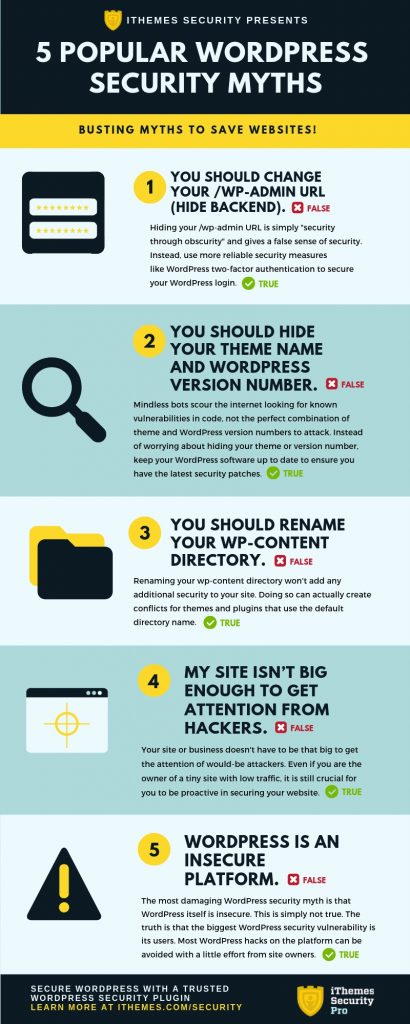As of February 26, 2025 the final implementation of Mail Channels email delivery services has been completed. Roughly 45% of email traffic is considered spam. Meanwhile, businesses fight hard to get their legitimate emails through filters. MailChannels is a top-notch email security service that helps with this problem by implementing effective outbound filtering.
What is MailChannels and how does it work?
MailChannels is a key SMTP relay and email security service. This turnkey service makes email delivery better for web hosts and their customers by managing outbound email.
MailChannels Outbound Filtering automatically scans and delivers all outgoing emails sent from our hosting servers. Using advanced algorithms, it analyzes email patterns and content to detect and block potential spam, phishing, and other malicious messages. When the system flags an email message as harmful, it will filter it out before it leaves our network.
By identifying and filtering spam, MailChannels helps prevent blacklisting. Thus, increasing your deliverability and improving overall email security. This protects your email reputation and ensures that legitimate emails reach their recipients.
Here’s why we trust MailChannels:
- It helps us stop spammers and identifies hacked accounts within our network.
- It improves delivery rates for our customers.
- It ensures your email communications remain secure and trustworthy.
When your business depends on email to communicate with customers, having reliable email delivery is essential. MailChannels works behind the scenes to improve your email’s performance by:
- Detecting unusual email patterns that could indicate spammers or hacking attempts.
- Protecting your sender reputation by preventing outbound spam.
- Avoiding IP blacklisting, which keeps your email traffic flowing smoothly.
You can rest assured that your emails are safeguarded and optimized for delivery.
Key Features and Benefits of MailChannels for You
| Feature | How it Works | Customer Benefits |
|---|---|---|
| Outbound Email Filtering | Blocks potential spam-like emails before they leave your mailbox. | Protects your business’s IP reputation and prevents blacklisting. |
| SMTP Relay Service | Integrates seamlessly with our hosting’s email systems. | Boosts email delivery rates with zero setup by you. |
| Real-Time Analytics | Gives our hosting’s system admins instant insights into email traffic and issues. | Enables quick response to deliverability issues, ensuring your communications are uninterrupted. |
| Monitoring for Compromised Accounts | Detects, blocks, and notifies our staff of suspicious email activity. | Keeps your accounts safe while maintaining your email reputation. |
How MailChannels Helps Your Business
- Protects Your Brand.
MailChannels helps us reduce the risk of email blacklisting, which can impact your domain’s credibility. The outbound filtering tool identifies potentially problematic messages before they’re sent. This means fewer issues with IP reputation and better standing with major email providers like Gmail, Yahoo, and MSN. - Improves Email Delivery.
With MailChannels’ SMTP relay service, your business emails are more likely to land in the right inboxes. Thus, helping you maintain critical customer connections. - Keeps You Secure.
Outbound filtering proactively finds and blocks spam, phishing, and other malicious emails. MailChannels keeps your email environment safe from malicious activity by monitoring hacked accounts and flagging issues in real time. - 24/7 Monitoring and Real-Time Insights.
MailChannels constantly monitors email traffic so we can take action and resolve any delivery issues fast. Real-time insights and activity logging let our support teams easily investigate delivery problems or unusual activity. This ensures transparency and quick support when you need it. - Minimized Impact of Compromised Accounts.
If a user account gets compromised and begins sending spam, MailChannels immediately intervenes, blocking the outgoing email. This prevents hacked email accounts from affecting other users on our platform.
Whether you’re sending marketing emails, transactional updates, or customer support responses, MailChannels handles every message with care.
In the coming days a full tutorial and FAQ’s documentation will be available to answer the most common of inquiries and concerns.

